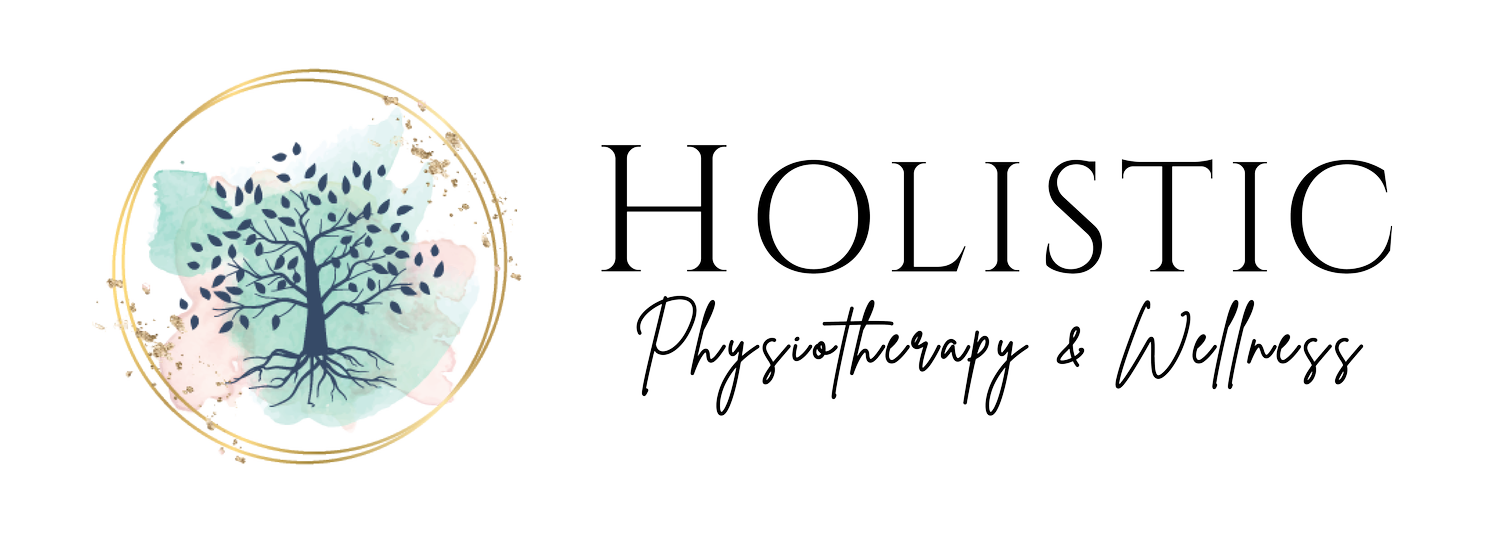Functional Nutrition for a Fabulous Pregnancy
By Barb Beavis
Functional Nutritionist |June 12, 2023
Famed American midwife Ina May Gaskin says it quite clearly in her childbirth guide: “Gardeners know that you must nourish the soil if you want healthy plants. You must water the plants adequately, especially when seeds are germinating and sprouting, and they should be planted in a nutrient-rich soil. Why should nutrition matter less in the creation of young humans than it does in young plants? I'm sure that it doesn't.”
As a functional nutritionist, I second, third, and fourth what Ina May says. You and your growing baby deserve all the nourishment needed to feel good throughout the journey and to thrive. I love meeting with pregnant clients so we can get a full picture of their current health, diet, deficiencies, triggers, etc. Until we can meet, here are a few things to keep in mind as the weeks go by.
If you are pregnant or planning to become pregnant, your doctor has probably advised you already to start taking prenatal vitamins. It’s a great first step, but you’ll want to ensure that the brand you choose is made with natural ingredients and free from unnecessary additives and harsh chemicals. (You can find our recommended prenatal supplement list and purchase directly HERE.
Yet natural sources are still the most effective sources. Even with the best vitamins in the world, a diet that is high in nutrient-rich foods is still going to improve your pregnancy experience and the health of the child you carry. And keep in mind that your nutritional needs will change depending on the trimester.
First Trimester: During the early days, not much should change in terms of caloric intake. For nourishment of mom and baby, make sure you’re getting enough Vitamin A (seek orange foods like sweet potatoes, carrots, and apricots), B vitamins (your needs in all of the B’s increase during pregnancy, and they can even help with morning sickness!), Vitamin C, Vitamin E, Folic Acid, Iron, and Zinc. Not surprisingly, nuts, seeds, and dark, leafy greens are good sources for many of these and should be a part of any healthy prenatal menu.
Second Trimester: This is often when women hit their stride and feel their best. Any morning sickness or fatigue are hopefully phasing out, the belly is starting to round out, and you might start to notice an increased appetite – but be mindful of it. On average, a second-trimester mama needs no more than 300 extra calories a day.
For nutrients, focus on Vitamins A through F, which adds Vitamins D and F (essential fatty acids) to the list above. Iron and Zinc remain on the list, and we also want to bring in calcium (up to 3 times the usual amount needed), chromium, magnesium, and selenium, which is a powerful antioxidant.
Third Trimester: Baby’s growing fast now and mom’s body is starting to prepare for labor and delivery. With so much action going on in utero, you’ll want to tack on an additional 200-300 calories per day, with a focus on protein. Along with the nutrients listed above, you’ll want to make sure you’re also getting Vitamin K, which helps prevent haemorrhaging, found in those leafy greens plus eggs, cabbage, onions, and brussels sprouts.
The information above is, of course, general and not specific to your body or your pregnancy. Every one of us has unique nutritional needs, genetic backgrounds, predispositions, and things we just can’t resist! For the best results, it’s important to get one on one guidance based on your own biology – and you can do that right here at Holistic Physiotherapy & Wellness.
We wish you health, joy, and all the support you need during your beautiful journey to motherhood, along with a big helping of those dark, leafy greens!
Barb Beavis
Functional Nutritionist


